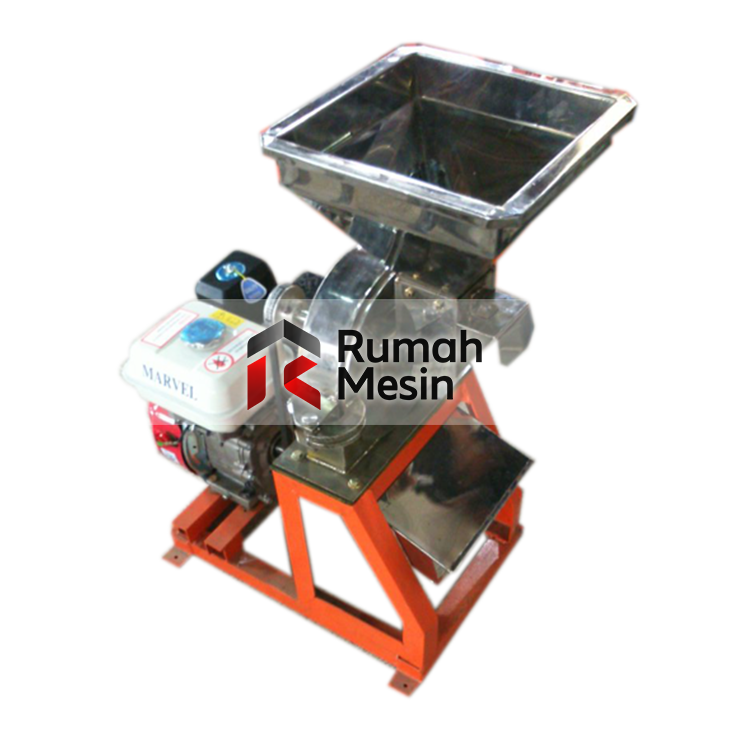Briquette from Coconut Shell: A Sustainable Energy Solution
The global demand for eco-friendly and sustainable energy sources has been steadily increasing, and one innovative solution gaining attention is the briquette from coconut shell. These briquettes, made from the by-products of coconut shells, offer a cleaner, greener alternative to traditional fossil fuels. Let’s dive into what makes coconut shell briquettes a standout choice for both domestic and industrial use.
What Are Coconut Shell Briquettes?
Producers make coconut shell briquettes by carbonizing coconut shells and compressing them into compact, solid blocks. They start the process by collecting discarded coconut shells, cleaning them thoroughly, and then carbonizing them. Afterward, they compress the shells into uniform shapes. Moreover, these briquettes provide an environmentally friendly and efficient source of energy. In addition, the process reduces waste by utilizing a byproduct that might otherwise go unused. Therefore, coconut shell briquettes contribute to a sustainable and practical energy solution for various applications.
Why Choose Briquettes from Coconut Shell?
-
Eco-Friendly Production The production of coconut shell briquettes significantly minimizes waste by repurposing discarded shells that might otherwise be burned or left to decay. Consequently, this process reduces greenhouse gas emissions and supports effective waste management. Additionally, it promotes a circular economy by transforming waste into a valuable energy resource.
- High Energy Output Coconut shell briquettes have a higher calorific value compared to traditional wood charcoal. This means they burn hotter and longer, making them a more efficient choice for cooking and heating.
- Low Smoke Emission One significant advantage of coconut shell briquettes is their low smoke emission. This makes them ideal for indoor cooking and barbecues, as they produce minimal odors and fumes.
- Renewable Resource Coconuts grow abundantly in tropical regions, providing a steady and reliable supply of raw materials. As a result, choosing briquettes made from coconut shells allows users to support a renewable and sustainable energy source. Furthermore, this choice helps promote eco-friendly practices and reduces dependence on non-renewable fuels.
Applications of Coconut Shell Briquettes
Domestic Use Coconut shell briquettes are popular for cooking and grilling due to their practicality and efficiency. Because of their smokeless and odorless properties, they are ideal for both indoor and outdoor cooking. Thus, they provide a clean and enjoyable cooking experience while maintaining consistent heat.
Industrial Use Industries, especially those in metallurgy and ceramics, utilize coconut shell briquettes for their high heat output. Their consistent performance and eco-friendliness make them a preferred choice.
Export Market Countries worldwide are adopting these briquettes as an alternative to traditional charcoal. They are particularly popular in Europe, the Middle East, and Asia for their sustainable and efficient characteristics.
How Coconut Shell Briquettes Are Made
The production of coconut shell briquettes follows a meticulous process to ensure quality and efficiency:
- Collection and Cleaning
Workers collect discarded coconut shells and thoroughly clean them to remove any dirt or impurities. - Carbonization
The cleaned shells undergo carbonization in a controlled environment, transforming them into charcoal while preserving their energy content. - Grinding and Mixing
The charcoal is ground into fine particles and then mixed with a natural binder, such as cassava starch, to create a cohesive mixture. - Compression
Specialized machines compress the mixture into uniform shapes, such as cubes or hexagons, ensuring consistency and ease of use. - Drying
Finally, the briquettes are dried to eliminate moisture, making them durable and ready for packaging and distribution.
This efficient process not only ensures a high-quality product but also promotes sustainability by utilizing natural and renewable resources.
Benefits for the Environment
By opting for briquettes from coconut shell, consumers contribute to reducing deforestation, as these briquettes replace the need for wood charcoal. Additionally, the production process promotes recycling and reduces agricultural waste. This makes coconut shell briquettes an excellent choice for environmentally conscious individuals and organizations.
Why Coconut Shell Briquettes Stand Out
Compared to traditional charcoal, coconut shell briquettes offer superior performance and sustainability. Their compact size, high energy output, and clean burning make them a versatile choice for various applications.
For more information on the benefits and uses of coconut shell briquettes, check out our detailed guide on coconut shell charcoal briquette.
Conclusion
The briquette from coconut shell represents a leap towards a more sustainable and eco-friendly future. With their high energy efficiency, minimal environmental impact, and wide range of applications, these briquettes are becoming a preferred energy source worldwide. By supporting the production and use of coconut shell briquettes, we take a step closer to a cleaner and greener planet.






